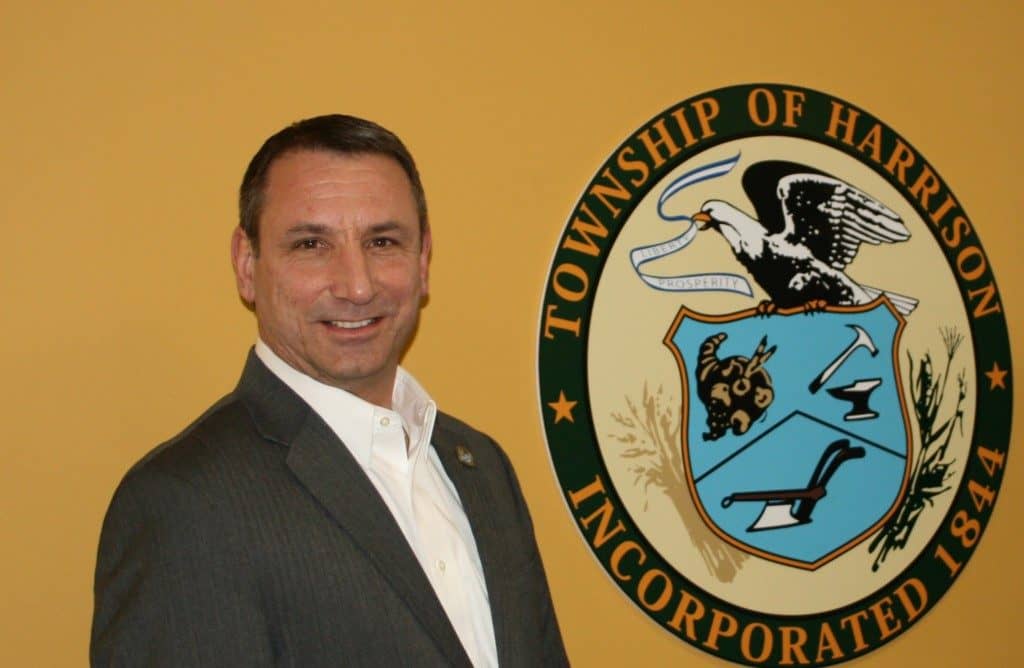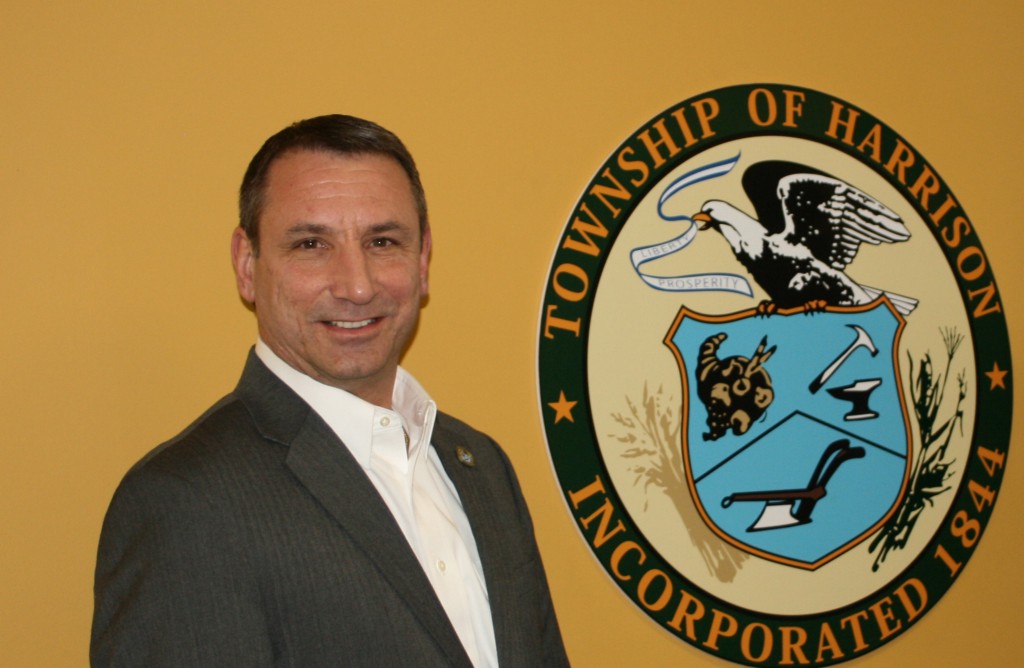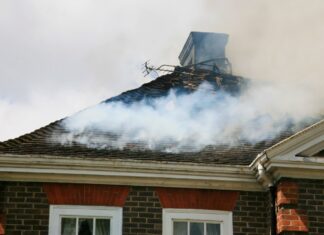
Part 3 of 5: Where your local taxes go and how

The following comes from Harrison Township Mayor Louis Manzo:
Last week, we reviewed how our local municipal budget is cast each year, now let’s focus on “how” that money is spent and “what” it is spent on.
The “how” verifies the public transparency that is required of us by law. Once the budget is adopted in April, it then serves as the filter that all expenditures must flow through in that year.
Our 63-page budget is very detailed with individual line items, broken down by each department. Therefore, every check that is cut to pay for a salary, benefit cost, equipment purchase, road improvement — and yes, every paper clip is a debit against one of those budget lines.
We are bound by that process, with no authority to spend money otherwise. After adoption, the only action permitted is to “execute” the approved budget, ensuring that local tax dollars are only spent on items approved in the “Annual Budget Public Hearing,” which all residents had the opportunity to view and provide their input.
The five elected members of the governing body meet twice a month at our township committee meetings held on the first and third Mondays. The “execution” of the budget occurs at these meetings. All business and any discussions about township business must take place at these public meetings. A bill list is published publicly for each meeting and it must coincide with the approved budget. Upon confirmation, there is a roll call vote to approve the list of expenditures at each meeting. That covers “how” we spend money.
Obviously, “what” we spend it on is also determined during the budget preparation process. Hence, the bill list will never contain any surprises. It just determines when we spend the money throughout the year.
A growing community will always have increases in revenue and expenditures every year because it’s “growing”; there are more houses or businesses paying taxes and more costs to provide municipal services to them. Think about it: If there are 300 more houses built over a five-year period, both the revenue line and the expenditure line in a budget will increase, right? But that does not constitute a tax increase. Until a community is completely built-out, the only way to truly judge spending is the tax rate you pay.
In Harrison Township, the average-priced home is $341,000 and pays a total tax rate of $2.896 per $100 of assessed value, including fire district tax. Of that total rate, only 43.5 cents is the local tax, amounting to $1,483 a year, or less than $123 a month. That covers all our local services including police, public works, trash collection, park systems and recreational programs, all debt payments and the salaries, benefit and pension payments for all 53 township employees.
To view a list of the certified tax rates for every town in Gloucester County, you can go to the “Tax Collector Sewer Clerk” tab on www.HarrisonTwp.us, and click on “Comparison” there. Alternatively, you can view it at http://harrisontwp.us/wp-content/uploads/2018/10/Gloucester-County-Tax-Rate-Comparison-2018.pdf.
Next week, I’ll cover how debt is accrued and paid off in our budget.









